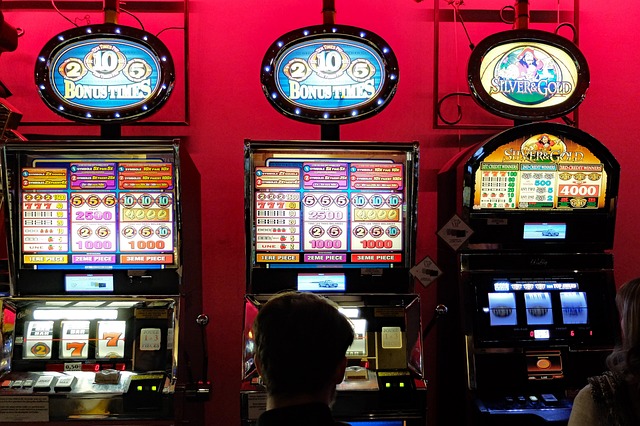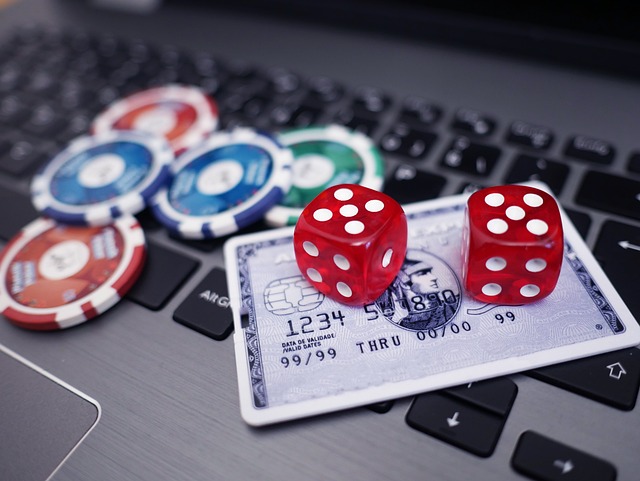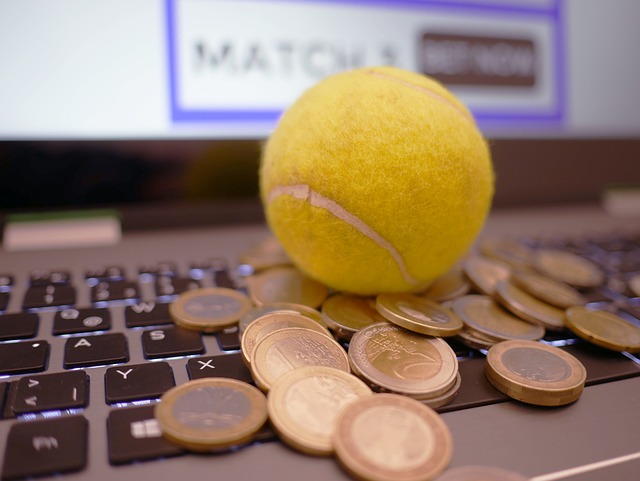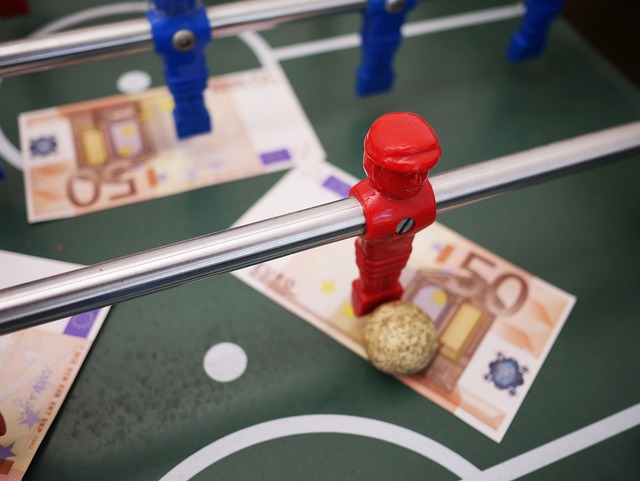-
Why do casino players like to play online slots for play money?

Today, you can find thousands, if not millions of slot machines online. There are classic “one-armed bandits” with fruit symbols, progressive slots, video slots… The question is, how do you know which game to choose from this sheer variety? How do you immediately determine which online slot is worth playing and which isn’t? And ideally,…
-
Why is it worth being registered at several online casinos?

It is not difficult to register at an online casino. You usually only have to enter your personal data online and verify your player account. This is also how the registration process looks at. However, it can be an advantage for a player to be registered not only at one virtual casino, but at several…
-
What to Expect from the Betting Landscape

The online sports betting landscape on sites is constantly evolving in this digital age, and 2025 promises to be an exciting year for betting enthusiasts. From technological advancements to regulatory changes, there are a number of trends that will shape the online bettor experience this year. Let’s explore what to expect in the exciting world…
-
Online Sports Betting and Its Ecological Footprint

The growing scene of online sports betting in Brazil on websites, not only offers exciting entertainment, but also raises important questions about its ecological footprint. As technology advances, it is essential to consider the environmental impact of this form of entertainment. In this article, we will explore the relationship between online sports betting and sustainability,…
-
Online Sports Betting and its Positive Impact on Less Popular Sports in Brazil

The universe of online sports betting on websites in Brazil goes beyond conventional sports, such as football and volleyball. Surprisingly, this form of entertainment has had a significant impact on the support and visibility of less popular sports. Let’s explore how online sports betting is driving interest and growth in these less conventional disciplines. Expanded…
-
Online Sports Betting: Social Responsibility in the World

The world of online sports betting is not limited to entertainment and the thrill of gaming; it is emerging as an important agent in social responsibility. In Brazil and around the world, online betting platforms are adopting initiatives to contribute positively to society. In this article, we will explore how online sports betting is promoting…
-
Chronicles of betting: historical facts and curious anecdotes

Imagine a mosaic made up of millions of tiles, each representing a moment in the infinite universe of betting. Each piece is a story, a nuance, a cry in the silence of the unknown. Here for you, dear readers, a journey through the eye of the gambling storm, where everything is possible. When Rome burned,…
-
Gambling in the spotlight: curious facts and incredible stories

Are you ready to dive into a sea of stories where luck and ingenuity dance together under the glittering spotlights? In this adventure, we will travel through anecdotes and curiosities that have colored the history of gambling since long before its appearance. Deep roots: the origin of a phenomenon Let’s go back to the dawn…
